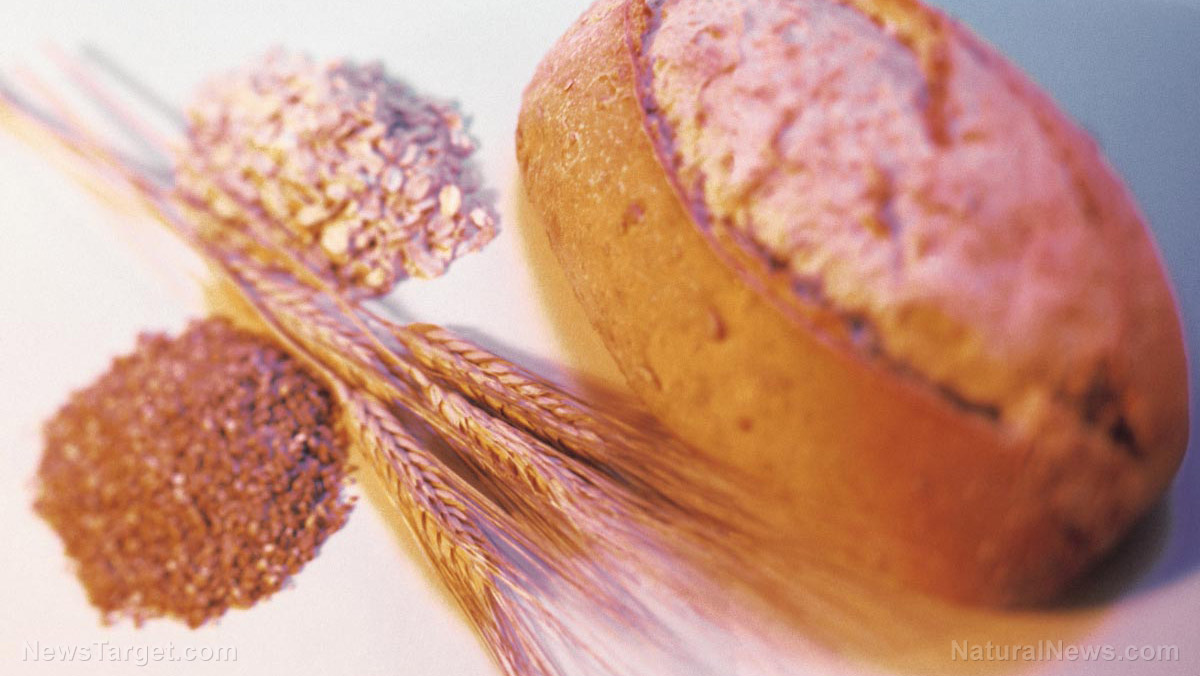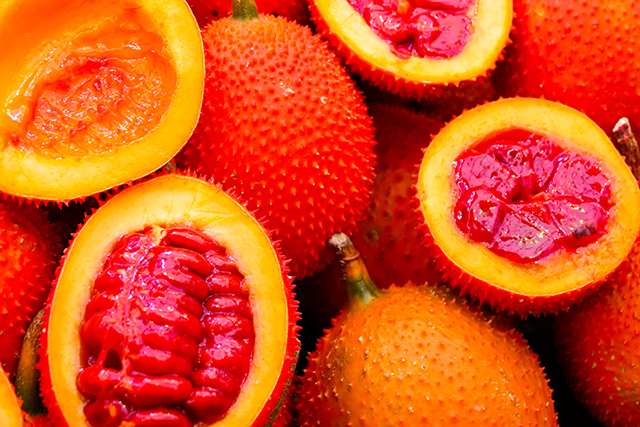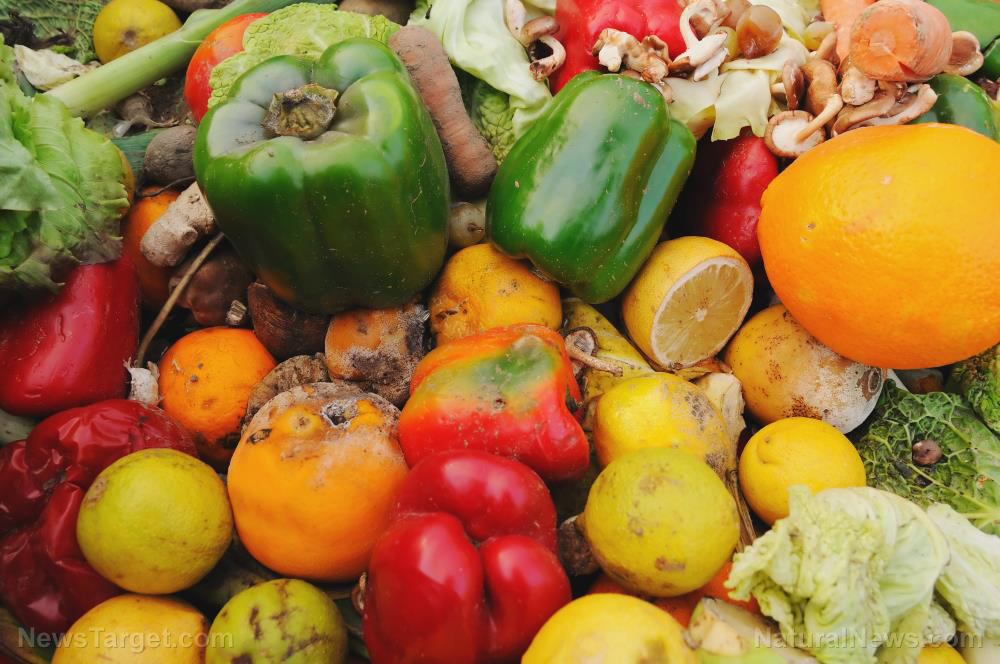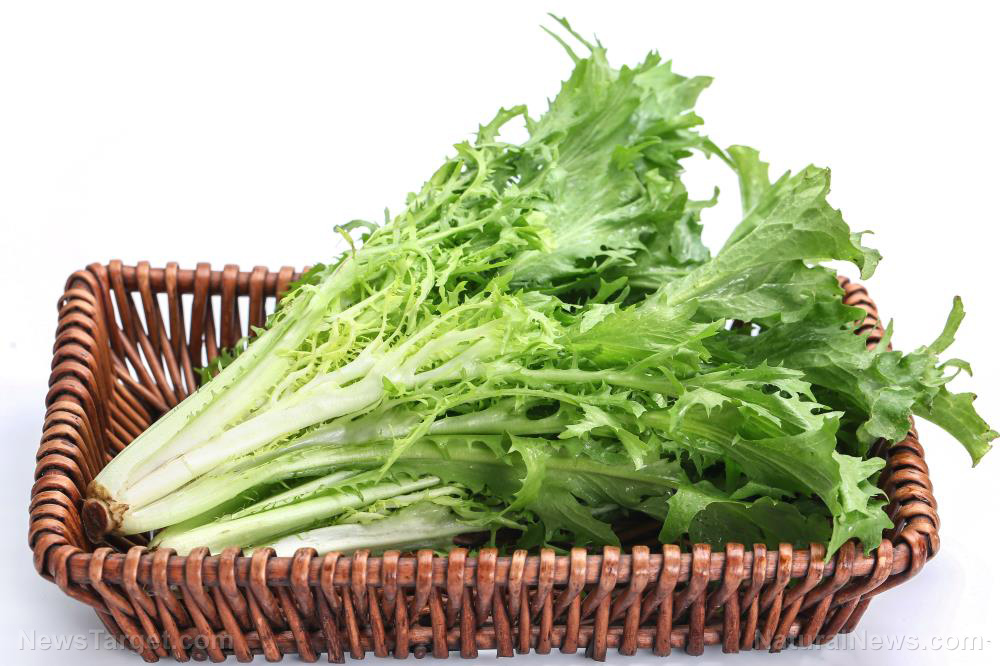No pun intended: New study finds that nutrients in nuts really do improve sperm health
05/07/2019 / By Lance D Johnson

Infertility is becoming more common in our world today. A meta-analysis titled: “Temporal trends in sperm count: a systemic review and meta-regression analysis” finds that sperm concentration and total sperm count have fallen significantly from 1973 to 2011. North America, Europe, Australia, and New Zealand saw the sharpest declines. The decline in sperm count continued -1.4 percent per year, dropping 52.4 percent over four decades. The decline never leveled off, either; therefore, the decline is suspected to continue. The total sperm count fell 1-1.6 percent each year, with a 59.3 percent reduction after four decades.
Two handfuls of nuts a day boosts sperm count, motility, and vitality
Much of the blame falls on dietary choices — the lack of minerals, antioxidants, and omega-3 fatty acids present in today’s most popular foods. A new study affirms that eating nuts can improve sperm count and make men more fertile. Fertility means more than just the ability to reproduce; fertility is a sign of proper hormone regulation and good overall health.
The research team from Rovira i Virgili University in Spain put nutrition to the test on 119 young men between the ages of 18 and 35. The first group followed their standard diet. The second group consumed their normal diet with the addition of nuts. This group ate two handfuls or (60 grams) of walnuts, almonds, and hazelnuts daily.
The research team tested the men’s sperm before the 14-week study and immediately thereafter to see how the nuts affected their sperm count, sperm vitality, motility, and morphology. The group that consumed nuts became more fertile, showing a 16 percent increase in sperm count after just 14 weeks. Their sperm were also more vital, could travel farther, and possessed fewer fragments in their DNA.
Nuts are a fertility food because they contain the building blocks needed for sperm production and survival. Omega-3 fatty acids, folate, zinc, selenium, and vitamin E are all vital components for healthy sperm creation. Almonds, walnuts, and hazelnuts are naturally loaded with these elements. Vitamin E helps protect the sperm from free radical damage, protecting the sperm from DNA fragmentation. Zinc and selenium, lacking in the soil and in foods today, are essential for regulating the hormones in the reproductive system, which leads to healthy sperm production.
Several factors play a role in fertility
Roots and herbs with adaptogenic properties can help modulate hormone levels in the body, strengthening the creation of healthy sperm. Saw Palmetto and Siberian ginseng provide great benefit in this area. Antioxidant-rich foods help protect the sperm’s vitality. Foods such as sweet potatoes, mangoes, fish, and honey are great complementary foods for enhancing fertility. Lauren Manaker, a registered dietitian, says that men should focus on eating fruits and vegetables to boost their fertility and avoid soda, processed foods, and foods high in trans fats. Manaker recommends the Mediterranean or Dutch diet to improve fertility outcomes. These diets contain more seafood, vegetables, legumes, and monounsaturated fats, which all help boost semen quality. Heat has also been known to temporarily damage sperm production, so hot tubs and saunas can negatively impact fertility. Dietitians also warn that smoking and alcohol consumption can hinder fertility.
Hormone-disrupting chemicals, found in plastics, pesticide-ridden foods, and personal care items, can also disrupt the reproductive system of males. For instance, a Danish study reports that, “Many ultraviolet (UV)-filtering chemicals commonly used in sunscreens interfere with the function of human sperm cells, and some mimic the effect of the female hormone progesterone.” Many of the sunscreen chemicals “induced calcium ion influxes in the sperm cells.” Likewise, the herbicide Atrazine has been found to cause gender changes in frogs, negatively impacting their ability to procreate.
While nutrition helps improve fertility outcomes, the presence of hormone-disrupting chemicals can cause unexplained and longstanding infertility issues regardless. Adding nuts to your diet could be part of the infertility puzzle.
Sources include:
Tagged Under: almonds, Atrazine, DNA fragmentation, Fertility, fertility outcome, fish, grocery cures, men's health, nutrients, omega-3 fatty acids, remedies, saw palmetto, selenium, Siberian Ginseng, sperm concentration, sperm survival, sunscreen chemicals, sweet potatoes, vitamin E, Walnuts, zinc


















